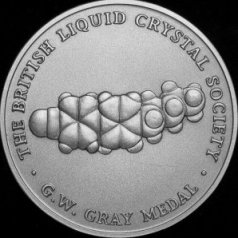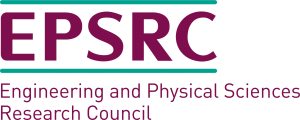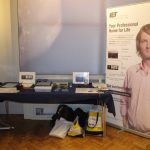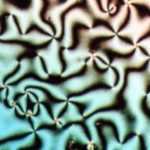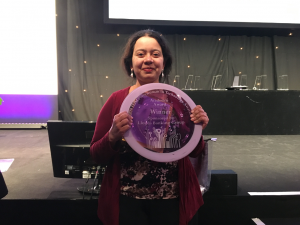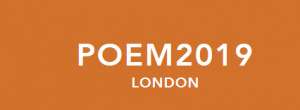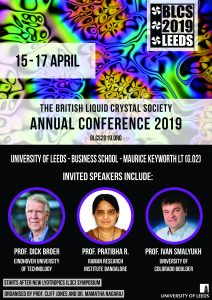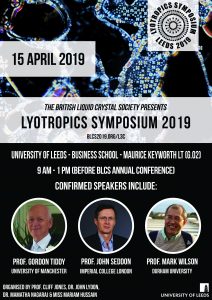In approximately a year we will have to purchase a new batch of Gray and Hilsum medals. This seems a good opportunity to reflect on how we wish to honour our colleagues for their distinguished work in liquid crystal research (see Gray Medal and Hilsum Medal for details of the two awards). The current award consists of a silver plated medal. Liquid crystals are objects of extraordinary beauty and we were wondering whether we could honour our prize winners by offering them an artefact that reflected their multi-coloured and multi-form nature, instead of a medal. We do not have any particular object in mind, it could be a glass sculpture, a flat surface, e.g. painting or enamel, or something else entirely.
- When designing the object, please keep in mind that it has to be reproduceable, i.e. think about how that should be done.
- The artefact should still be roughly the size of a medal, therefore not bigger than 10 cm in diameter, and not be much higher than 5 cm.
- Ideally we should be able to add the name of the recipient easily.
- If possible give an estimate about the production cost.
The design will be exhibited at the BLCS conference in Aberdeen and during the private view (drinks will be involved) everyone can vote for a design.
Get creative!
Susanne and Giampaolo.

